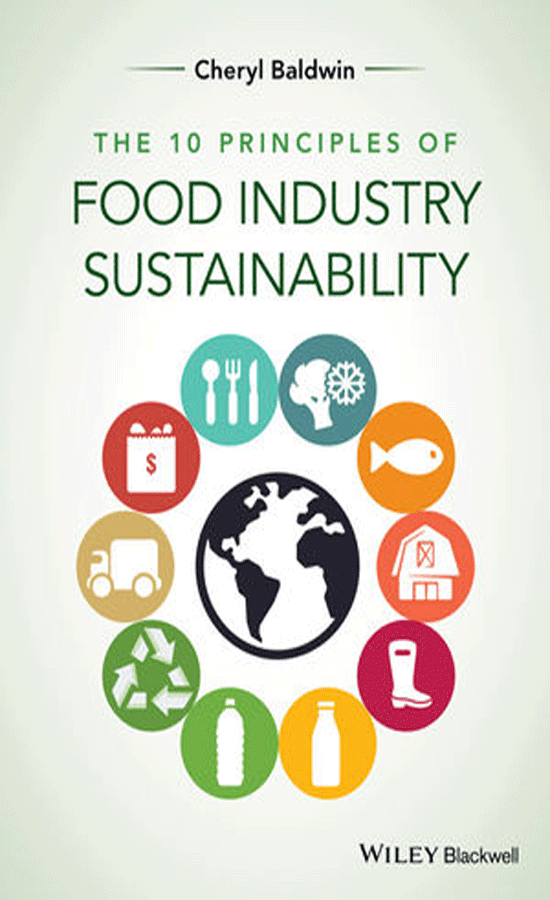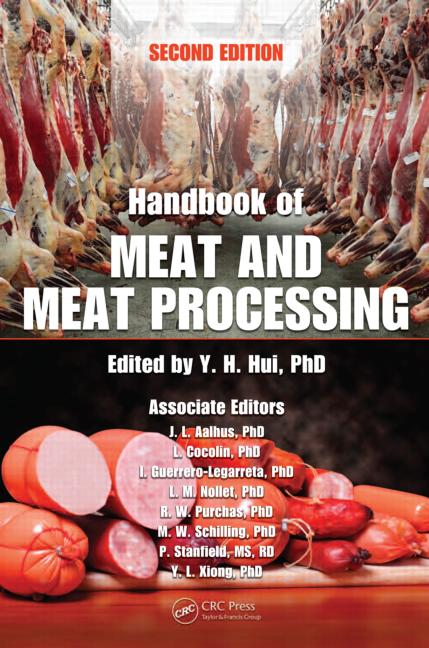The U.S. Congress approved free-trade agreements with South Korea, Colombia and Panama, bringing an end to years of stalemate and offering what supporters said was the biggest opportunity for exporters in decades.
The bills will go to President Obama, who is expected to sign the bills after spending two years trying to broaden Democrat support for the pacts, Reuters reports. The South Korea deal along is the biggest trade agreement for the United States since the North American Free Trade Agreement. It will phase out tariffs on almost two-thirds of American farm exports.
“This is a welcome development showing policy makers can be farsighted and come to an agreement that is positive for all parties involved in the long run in terms of GDP growth,” said Robert Subbaraman, Hong Kong-based chief economist for Asia excluding Japan at Nomura Holdings Inc. “There’s been a lot of market disappointment in policymaking this year.”
Most of the meat processing industry has supported the agreements since their creation and has pushed for the U.S. government to finalize them. The American Meat institute called the passage of the agreements a “major victory for America’s agricultural sector, our meat and poultry industry and our economy.
“When fully implemented, these three FTAs have the potential to be the biggest shot in the arm to the meat and poultry industry since the passage of the North American Free Trade Agreement (NAFTA) in 1994,” said AMI President and CEO J. Patrick Boyle. “Results of an impact study conducted in part by AMI found that full implementation of the three FTAs will represent an additional $2.3 billion in exports and the creation of approximately 29,500 badly needed jobs here at home.
“AMI is grateful to our trade negotiators for their work, and to Congress for their swift action and bipartisan cooperation, on making these ‘pending’ trade agreements a reality,” he added.
“These trade agreements will be a boon for U.S. pork producers and for the U.S. economy and jobs,” said Doug Wolf, president of the National Pork Producers Council and a pork producer from Lancaster, Wis. “Passage of these FTAs is one of the greatest victories ever for the U.S. pork industry.”
Wolf told the Des Moines Register that the passage of the three deals will generate neatly $772 million in new pork sales, add more than $11 to the price producers receive for each hog marketed and create more than 10,000 pork industry jobs, according to Iowa State University economist Dermot Hayes.
R-CALF USA issued a statement of its own saying that the group was “deeply disappointed” in the passage of the trade agreements. The organization has fought against the agreements and has tried to convince Congress to reject them.
“But, now it’s clear the interests of Rural Americans have again been ignored by Congress’ majority,” said R-CALF President George Chambers. “We are grateful to the many Representatives and Senators who cast ‘No’ votes for the three FTAs. Rural America would be better served if there were more in Congress who, like them, had the courage to defend Rural America’s interests.
“Many members in Congress are smitten by multinational meatpackers that continually claim the alarming contraction of our U.S. cattle industry is the result of some natural phenomenon, not the result of failed trade policies or failed competition policies. We know better. We know our industry is being seriously harmed by failed trade policies, inattention to antitrust and anticompetitive practices by monopolistic meatpackers, and inadequate health and safety import standards at our borders.
“We vow to continue fighting for independent U.S. cattle producers to preserve a strong and viable U.S. cattle industry that will continue for generations to provide safe and affordable beef to U.S. consumers and economic opportunities for small businesses in rural communities all across America,” he added.
Sources: Reuters, AMI, Des Moines Register, R-CALF USA








